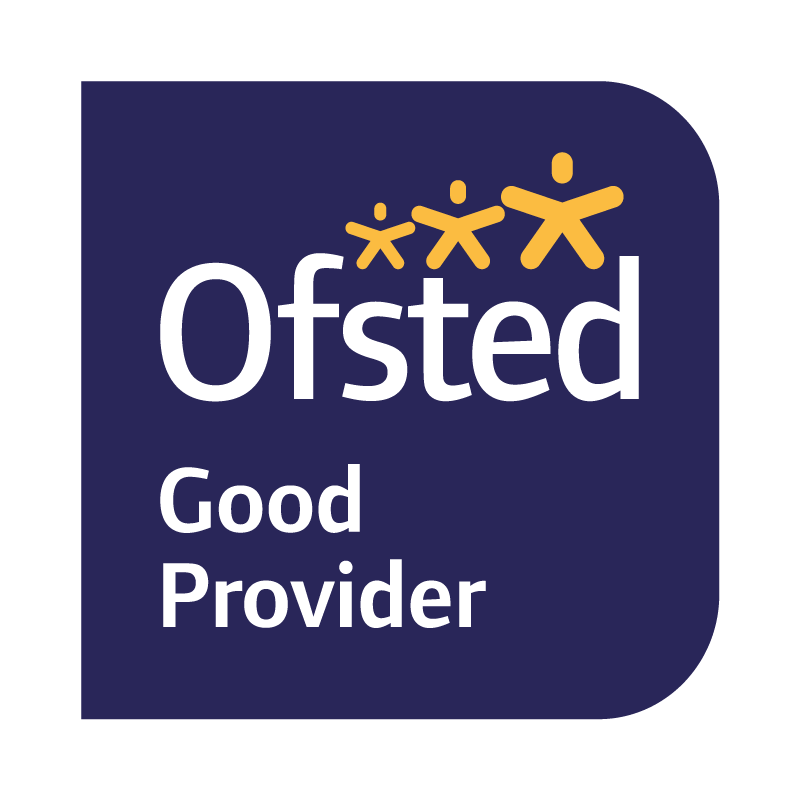Assessment
Judging progress and achievement for pupils with autism is a challenge. In particular, our population at Papillon School includes children and young people with some of the most challenging behaviours and children and young people at early stages of development in terms of their communication and interaction. We have been on a journey of exploration to find the best way to accurately capture the progress and achievement of our pupils.
Initially, we used the outcomes of annual review meetings to judge our pupils’ progress and attainment in English, mathematics and social, emotional and behavioural development. The outcomes of these annual reviews indicated that our pupils were making good, and sometimes, outstanding progress from their starting points.
We recognised the need to sharpen up our tracking of progress in the areas of English and mathematics and in 2011/12 we introduced the use of the P (Pre-National Curriculum) Scales to track progress. After our pilot year we realised that we needed smaller steps to capture expected progress over one year. In 2012/13 we introduced the use of sub-levels (c, b, a) within P Scales and extensive training and moderation took place with our teachers. In 2013/14, with the process fully imbedded in practise we were able to track pupils through the year to ensure that they made the expected progress of at least one sub-level. We included PSHE (Personal, Social and Health Education) in this process.
We have introduced the B-Squared programme to support teachers in their ongoing recording of progress and each year we have analysed and fed back to staff the annual data collection outcomes. We have undertaken rigorous moderation processes with teachers and this has helped to establish a common understanding of the expectations within each P Scale and the sub-levels..
However, due to the uneven profile of achievement across subject areas, which is a feature of children and young people with autism, and the fact that there are particular issues related to progress for children and young people with severe autism and challenging behaviour we began searching for a way to accurately capture the significant progress our pupils make over time in all areas of the curriculum, particularly in the area of social, emotional and behavioural development. We investigated the SCERTS (Social Communication/Emotional Regulation/Transaction Support) model as we felt this would provide a better profile of the progress our pupils make and would support the way in we work at Papillon. We are currently piloting SCERTS along with a maintained ASD school with the aim to have it in place across the School by September 2015.
Due to the fact that Papillon is a small school we do not publish on our website the attainment levels within each year group as this may allow individual pupils to be identified. During the Academic Year 2013-2014 the majority of pupils moved up sub-levels across most curriculum areas and the majority of pupils made progress within the level they were working on. In the same year 100% of our pupils made the expected progress of at least 1 sub-level in at least one subject area and 46.2% of our pupils made above-average progress.




